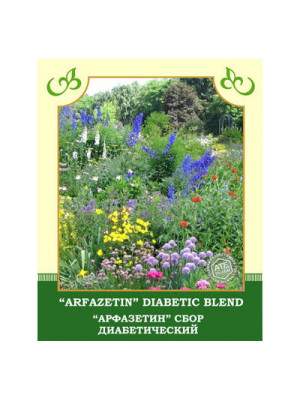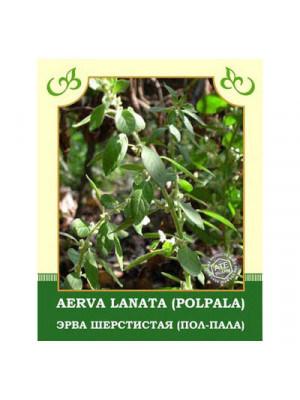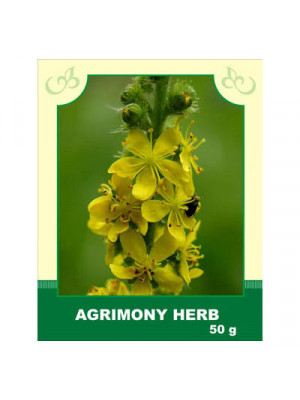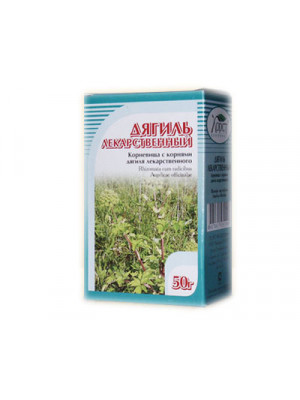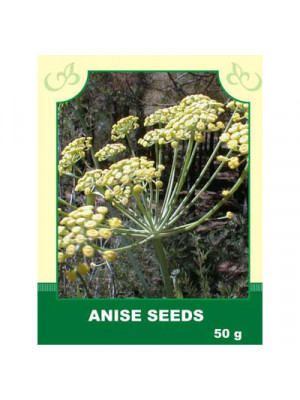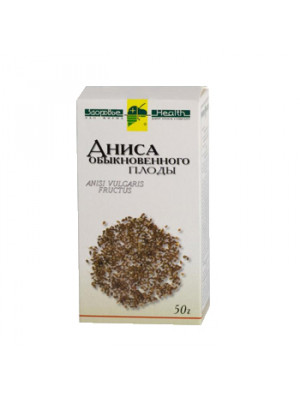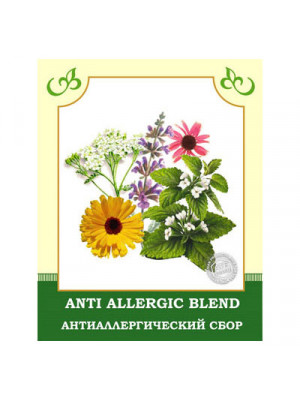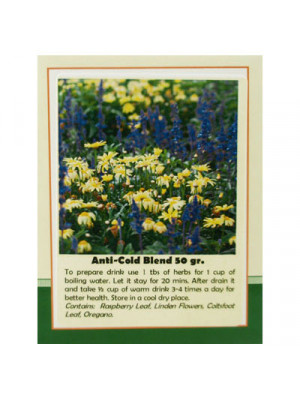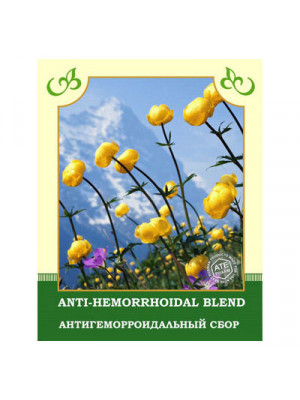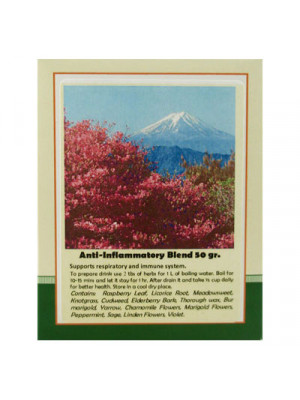Dry Herbs & Berries
If you like to use a lot of dry herbs and berries to create teas, wellness pads and an assortment of other items for well-being, our dry herbs and berries can provide you with a quick way to do it on your own. Each packet contains the herbs or berries of your choice that were freshly grown, chopped up and dried to perfection. Every herb and berries packet is 100% natural, with no artificial preservatives or added fillers. You're able to create a tasty blend with all that is provided from our large selection.
- Contains: Chamomile flowers, St. John's wort, Horsetail, Rose hips, Bilberry sprouts, Haricot beans, Hercules Club root. Uses: This blend is used for its hypoglycemic and restorative actions. It is helpful for prevention and reduction of light forms of diabetes, it reduces level of sugar in blood and considerably improves atate of health.
Warning! Before using any herbal products, make sure that you have full knowledge of how the herb works and any adverse reaction it may cause. For more detailed information about each herb see 'Herbs' section.$6.99 Folk beliefs attribute unique abilities to common yarrow, such as preventing the formation of blood clots in vessels and reducing blood clotting.
Internally, it is taken as a remedy for bronchitis, tracheitis, common colds, reducing inflammation, clearing the respiratory tract from toxins and mucus, and for diseases of the urogenital system and reproductive organs. It normalizes the functioning of the gastrointestinal tract, liver, and pancreas. There is evidence of high effectiveness in cases of intestinal polyps and hemorrhoids, as well as for relieving constipation.
Method of application and dosage: Place 2 teaspoons of crushed herb in a teapot, pour 250 ml of water, boil for 3-5 minutes, and let it steep for a short while. Consume by adding sugar or honey to taste.
Contraindications: Individual intolerance; during intake, it is advisable to exclude spicy and salty foods, as well as alcohol from the diet.
$6.99Internally, it is taken for gastrointestinal diseases, hemorrhoids, gallbladder issues, bleeding, rheumatism, herpes, inflammation of the laryngeal mucosa, as well as for furunculosis, poorly healing wounds, migraines, nocturnal enuresis, atony of the bladder, and urolithiasis. Infusion with honey is one of the best remedies for liver and spleen diseases.
Method of application and dosage: Steep 2 tablespoons of raw material in 400 ml boiling water, infuse for 2 hours, strain, and take 1/2 cup 4 times a day before meals.
Externally, the infusion is used for rinsing the oral cavity in various inflammatory processes (tonsillitis, laryngitis, pharyngitis), for nasal congestion, and for washing wounds and ulcers, as well as for abrasions and bruises. Steep 5 tablespoons of raw material in 400 ml boiling water, infuse for 15-20 minutes, strain, squeezing the remaining raw material.
Contraindications: Individual intolerance. Use with caution for children and elderly people.
$6.99- Angelica has a tonic effect on the cardiovascular and central nervous system, increases the secretion of bile and pancreatic juice. Angelica is used to treat gout, rheumatism and low back pain, use rubbing alcohol for tinctures is recommended for gallstone disease, kidney disease.$6.99
Description. In ancient Chinese as well as traditional Indian system of medicine, anise has assumed a very popular stature. Anise seeds are rich in volatile oil, flavonoids and other important nutrients. Anis actions are disinfectant, anti-inflammatory, spasmolytic, expectorant and antiviral. Anise seeds stimulate lactation, and are considered to be a mild diuretic. Moreover, Anise is a mild antiparasitic and its leaves can be used to treat digestive problems, relieve toothache. Anise can be used to relieve menstrual cramps. Use. Anise has a long history of medical, magical, and culinary use. Anise has also been used for centuries as an agent for relief of coughs and colds. It is still used widely today as a digestive aid and anti-flatulence agent. After taking anise preparations digestion improves, constipations stop and the work of gastrointestinal tract normalizes. Indeed, science has proven that the essential oils in the seeds do have expectorant properties. A tea can be made for relief from cough and congestion. Externally, Anise tea can be wrapped in a warm cloth and used as a compress for eye pain. Try dropping a few seeds in a glass of warm milk before bed to prevent insomnia. Lastly, Anise seeds can be chewed in the morning for an all-day mouth freshener.
Attention! Before using any herbal products, make sure that you have full knowledge of how the herb works and any adverse reaction it may cause.$6.99Internally, it is an effective remedy for insufficient milk during lactation. It has antiseptic and expectorant effects and can be used for bronchitis, wet cough, and other respiratory tract pathologies. Additionally, it helps normalize liver function. It is applied to diseases of the bladder, urinary tract, and can help get rid of kidney stones.
Method of application and dosage: 1 teaspoon of dry seeds is poured into a cup and filled with boiling water. The tea is infused for 10 minutes, then strained and consumed half an hour after eating. You can have 2-3 cups per day.
External use: used for inhalations.
Contraindications: digestive system problems, pregnancy, individual intolerance.
$7.99- Contains: Geranium, Yarrow, Calendula, Sage, Lemon balm, Aealfa, Echinacea. This blend is antiseptic, anti-inflammatory, sedative, expectorant and antimicrobial. Uses: food allergy, pets and dust allergy, cold allergy, nettle-rash, hay fever. The blend also helps in purifying blood and removing toxins.
Warning! Before using any herbal products, make sure that you have full knowledge of how the herb works and any adverse reaction it may cause. For more detailed information about each herb see Herbs section.$6.99 Composition: raspberry leaves, linden flowers, mother-and-stepmother, thyme.
Eliminates symptoms of flu and cold, has anti-inflammatory, expectorant, and antipyretic effects.
$6.99Composition: senna, yarrow, dogwood bark, coriander, licorice.
Used for hemorrhoids (in uncomplicated and complicated forms), atonic constipation, intestinal colic, intestinal dysbiosis.
$5.40Composition: raspberry leaves, licorice, knotweed, yarrow, peppermint, common madder, sage, lobaznik, marsh cinquefoil, elderberry fruits, tansy, lime blossom, chamomile, calendula, violet.
Infusions and decoctions have anti-inflammatory, antipyretic, and analgesic effects without causing side effects.
$6.99


